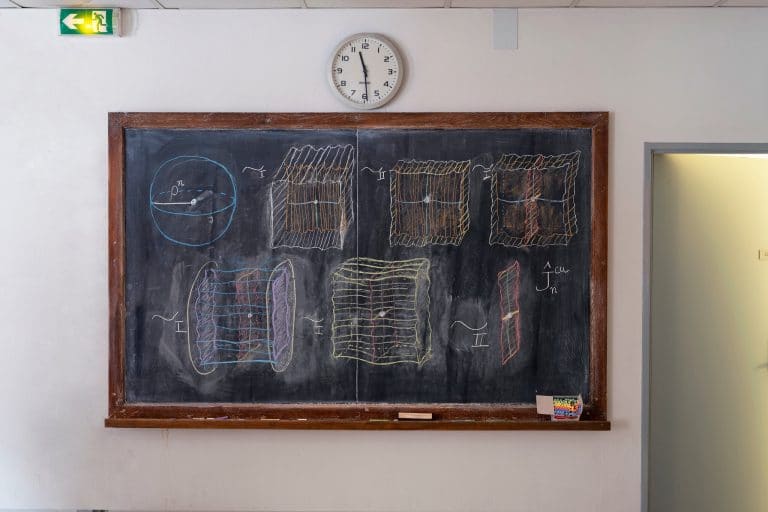Beautiful Blackboards of Mathematicians

There’s something wonderful about chalk on a blackboard.

There’s something wonderful about chalk on a blackboard.

The New York Times on mathematicians talking about their hatred for the the 8 ÷ 2(2+2) = ? "problem."

My thoughts on a logic brain teaser that's been racking the internet. When is Cheryl's birthday?

Can some simple rounding help us be more accurate and confident with mental math? The man behind this symbol proposes just that: And it turns out it’s fairly accurate: Basically, using some simplification of numbers we can do mental multiplication…

We shouldn't so flippantly declare ourselves unfit to tackle math and logic problems.

“Mandelbrot set” may sound like complicated math. But many of us already recognize these sets as “fractals” — a term that Dr. Mandelbrot coined. I remember reading about the Mandelbrot set in college. I didn’t realize at the time that…
This is a hypnotic visualization of a music box. Watch and be mesmerized.
Replace each letter below with a digit to make the math correct: Contact me when you figure it out! (Puzzler courtesy of The Mensa Puzzle Calendar)
Take a look at this article entitled “They’re Not Stupid—They’re Lazy: The real reason American high-schoolers have such dismal test scores.” It continues to highlight the problems of incentive-driven testing. “When states begin imposing penalties for failure, it makes a…